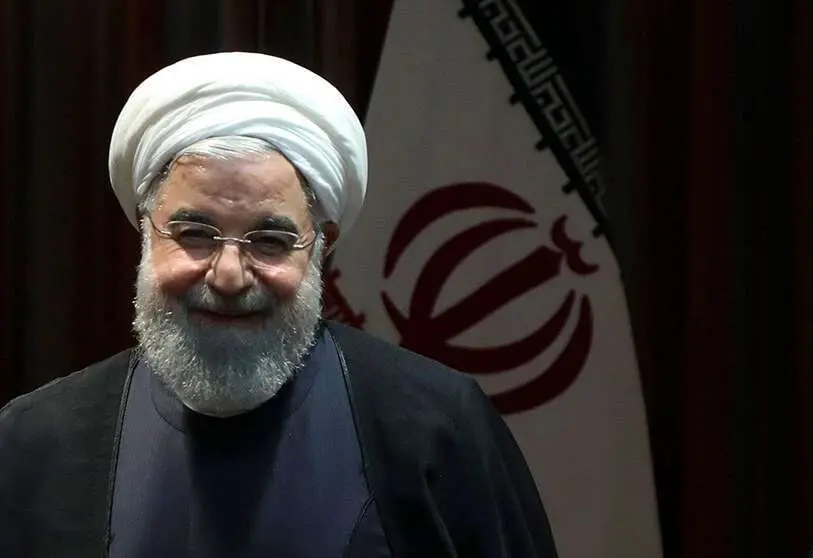Iran positions Brazil as key to countering international isolation

Brazil has long been an important strategic trading partner for Iran in Latin America, but there has always been more to the relationship than meets the eye. In addition to political and economic cooperation, Iran has worked to exploit a different kind of influence in Latin America as a whole. Over the past decades Iranian-Brazilian dealings have gone through several phases, sometimes reflected in general changes in Brazilian foreign policy, and at other times based on a loose relationship centred on mutual commercial interests. The personalities of successive leaders of both states, their ideological inclinations and their perceptions of the West have been the main drivers of the dynamics of their relations.
The election of Jair Bolsonaro in 2018 has done little to improve their ties. The right-wing president aligned himself closely with former US president Donald Trump and became one of the few world leaders to openly endorse the 3 January 2020 removal of Qassem Soleimani, commander of Iran's Islamic Revolutionary Guard Corps (IRGC).

By contrast, Luiz Inácio Lula da Silva, Brazil's leftist president from 2003 to 2010, placed great value on the relationship with Iran because he wanted to move the focus of his foreign policy from North American and European countries to the developing nations of Latin America, Africa and the Middle East. Now, Iran's fortunes in Brazil may be about to change again. Lula could make a major political comeback in the 2022 presidential elections, after being acquitted of a series of criminal convictions on 8 March this year.
Lula was implicated in a 2014 investigation dubbed Operation Car Wash, which uncovered evidence of corruption involving state oil company Petrobras and several senior figures. The ban on Lula holding office has now been lifted, so he is free to challenge Bolsonaro at the polls. Given Bolsonaro's poor and unpopular handling of the COVID-19 pandemic, Iran will undoubtedly be watching the election closely.
The regime in Tehran is actively seeking to expand its list of friends in the hope of countering the international community's opposition to its nuclear ambitions and mobilising support for its policies. To this end, it has established more than 36 Shia cultural centres in 17 countries, many of which are allegedly used as spy networks for intelligence gathering. In Latin America, cultural centres act as centres for recruiting spies and generating popular support for Iran.
The Islamic Republic has faced varying degrees of political and economic isolation since the 1979 Islamic Revolution. Major economic powers consider it a risky trading partner in view of the numerous rounds of sanctions imposed on its industries and officials over the years. Regardless of who is in power, economic and commercial interests have been and will remain a constant driver of bilateral relations between Brazil and Iran, particularly in oil, gas, mineral exploration and agriculture. Their trade surplus in 2018 reached $2.2 billion in Brazil's favour.

The fact that more than 5 million Lebanese migrants and their descendants currently live in just two countries (Brazil and Argentina) has proven to be a distinct advantage for Iranian-allied organisations such as Hezbollah, which seeks to cultivate intelligence resources from across the religious spectrum. So far, however, they have had limited success in winning over Latin American audiences. According to data shown by Arab News from the 2015 Pew Research Center survey, which involved 45,435 respondents in 40 countries, it emerged that some 79 per cent of Brazilians said they had a negative view of Iran, while only 11 per cent said they viewed it favourably.
Nevertheless, relations with Latin American nations remain primarily the Iranian regime's way of countering the impact of international sanctions and diversifying its means of survival. Through these connections, Iran hopes to project the image of a global power, overcome diplomatic isolation, gain support for its nuclear programme and potentially respond to US pressure from close proximity. Finally, the presence of Hezbollah and the IRGC in Latin America is seen as a vital Iranian asset, as it provides a base from which to launch attacks against US targets in the event of an escalation of hostilities in the Middle East.








